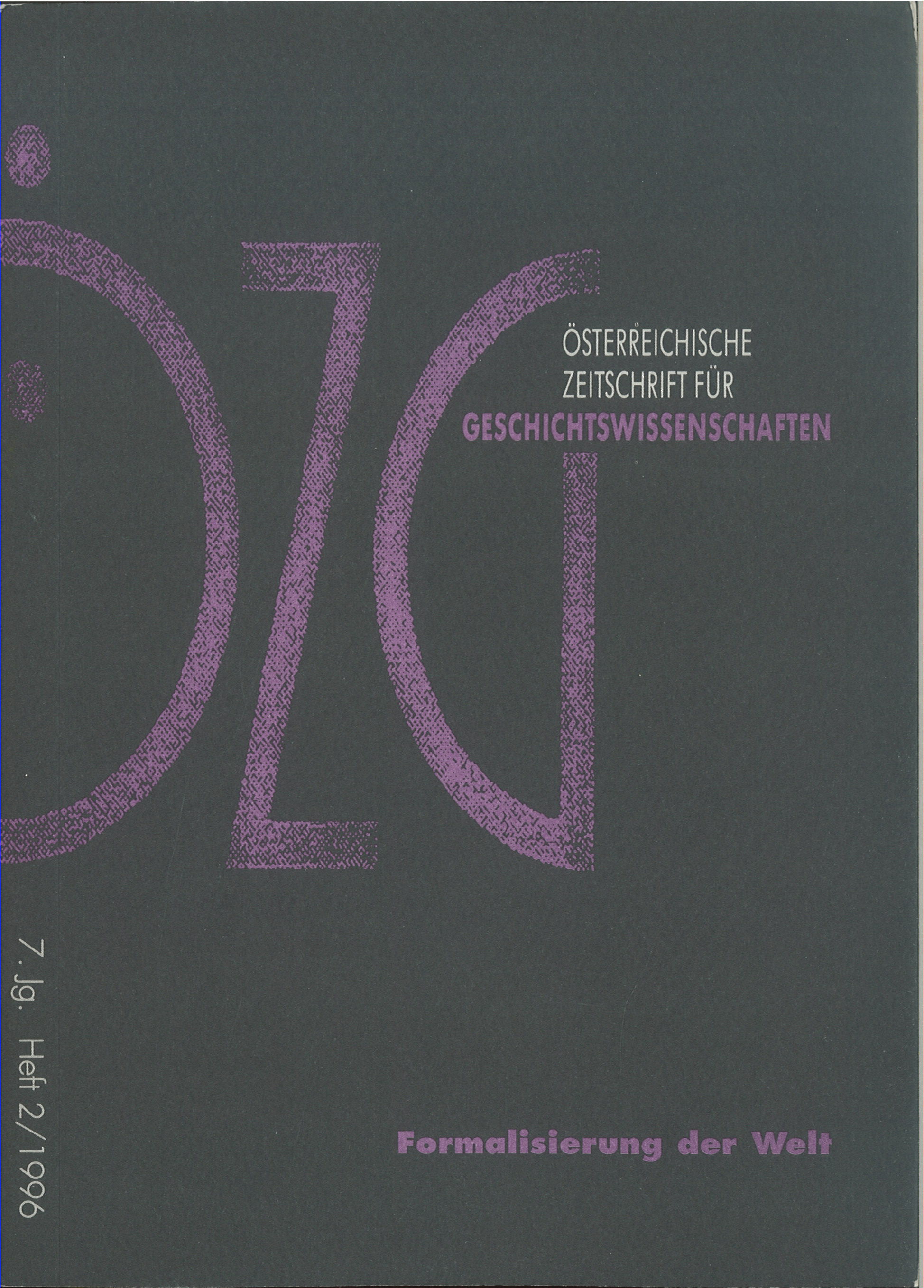Herrschaft der Zahl - Krieg der Natur
Zur Mathematisierung der Sozialwissenschaften in England 1800-1900
DOI:
https://doi.org/10.25365/oezg-1996-7-2-4Abstract
The article sketches the evolution of mathematical social sciences in Great Britain, focussing on Political Economy and Social Statistics. The formal methods which were later to become of greatest importance in these sciences (differential calculus and probability theory) were mainly imported from continental mathematics at the beginning of the 19th century. The emergence of Political Economy and the transformation of classical Political Arithmetic into Statistics roughly coincided with this „catching-up" process. Moreover, the „Cambridge Network of Scientists" (Cannon), with its protagonists Whewell, Herschel, Babbage and Peacock, played a central role in the adoption of French mathematics as well as in the early attempts to place the social sciences on a methodologically sound basis. Not surprisingly, the Cambridge Scientists (gathered mainly in the Cambridge Philosophical Society and the Cambridge Astronomical Society) were among the first to use mathematical methods in dealing with „the complicated conduct of our social and moral relations" (Herschel). However, the mathematicization of the social sciences cannot be seen as a smooth, continuous process of successively applying formal techniques to social phenomena. The application of the general equilibrium framework of analytical mechanics to the study of man's desires and actions, and the use of probability theory in explaining (not just describing) the synthesis and development of social aggregates, required an essential precondition: a new kind of analysis of „man", such as had emerged in geology and physiology since the late 1830s. Using the principles of natural selection and reflex action, it became possible to view human societies simultaneously as random samples and systems of forces, to which mathematical techniques now became reasonably applicable. The rise of Economics and Eugenics (founded by Jevons and Galton, respectively) towards the end of the 19th century can thus be perceived as a late consequence of this „anthropological turn". Therefore, the evolution of mathematical social sciences is not a symptom of a „mechanistic" view of man (usually associated with Cartesian epistomology), but simply another result of the very dissolving of classical „mathesis" (Foucault), which entailed the appearance of „man" as a privileged object of knowledge.


